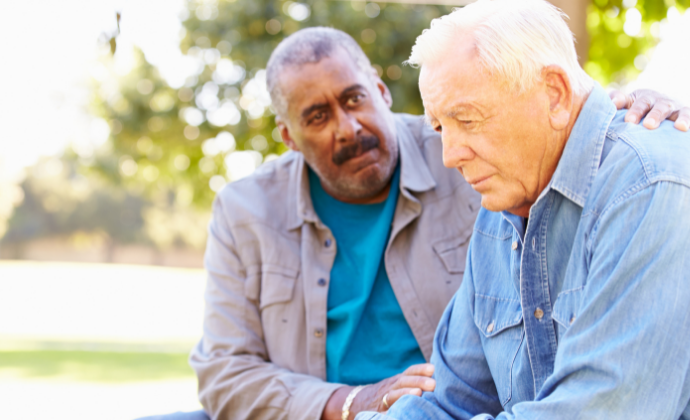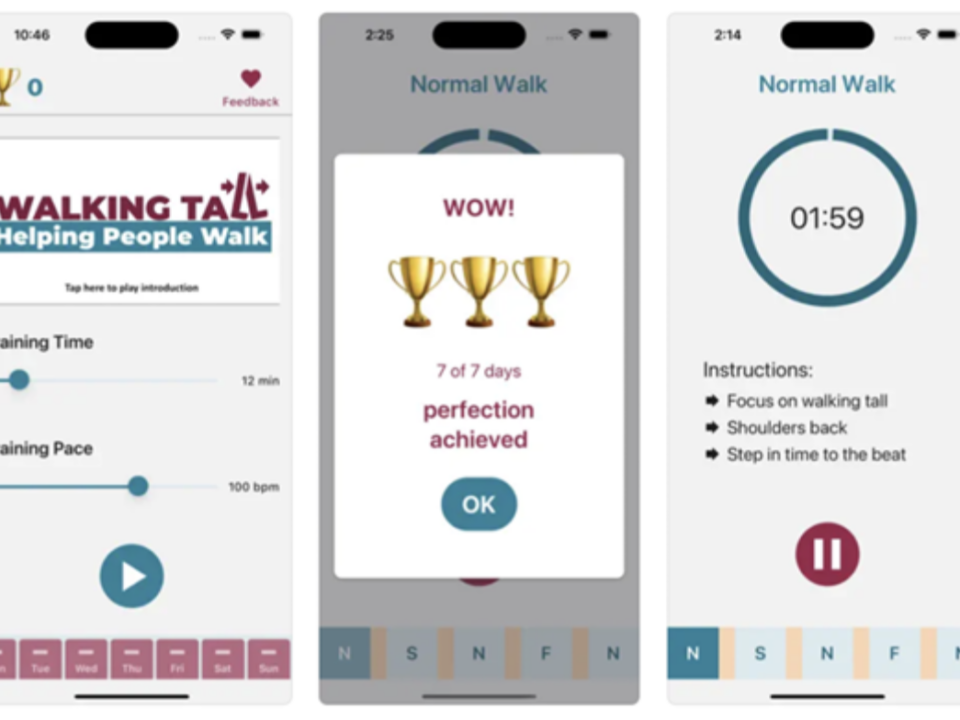It is common to experience feelings of grief and loss as a person’s Parkinson’s progresses. These feelings can impact both the person living with Parkinson’s, as well as caregivers and family members.
Such feelings are complex and may include physical, intellectual, psychological, emotional, social, and spiritual dimensions – or a combination of these.
The three most common emotions are anger, guilt, and fear. When we have Parkinson’s, we are particularly susceptible to anger and fear.
Instead of being able to look forward to a better tomorrow, our optimism is replaced with feelings that frighten us and worries we can’t seem to get under control.
Loss is a part of life whether we have Parkinson’s or not. However, what is different about living with Parkinson’s is that the progression of the disease continuously reignites the sense of loss – and there is no time frame for grief.
As the illness progresses, we may find we are faced with new losses along the way. Losses experienced by those living with Parkinson’s, caregivers and family members include:
- Changes in family roles
- Work and social situations that result from a person’s illness.
- Loss of independence
- Changes to identity
- Loss of financial security
- Significant changes to our familiar lifestyle
- Being defined by your disease, rather than as an individual
The intensity and scope of loss can also create feelings of shame and fear from reaching out for support. Often the overwhelming feeling for people living with Parkinson’s is that they are continually losing and not gaining anything.
It is inevitable that grief will be triggered from time to time, but the good news is that it is likely to be temporary – unlike the sense of loss which is often ongoing.
Grief comes in waves. It is not a constant feeling. Getting over it takes time, and that time varies by individual.
Grief is experienced differently by everyone, depending on social, historical, cultural, and spiritual influences. There is no ‘normal’ way to grieve.
The best defense is to develop self-compassion. That may mean putting time and energy into new hobbies and new relationships or looking for opportunities for personal development or spiritual growth.
We can do this at our own pace – one small step at a time if need be.
Most importantly, focus on the here and now. Develop thoughts, interests and activities that generate positive feelings in the here and now.
Parkinson’s may be able to affect your future, but it can’t take away what you have right here in this moment.
Practice mindfulness – the recognition and non-judgmental acceptance of painful emotions as they arise in the present moment.
That will enable us to recognise and change negative self-talk or images of ourselves that are not useful. Focus on attitudes that nurture personal strengths and positive outcomes of the illness experience, rather than limitations.
Also give yourself something to look forward to. Make plans with family and friends. And as you are planning, consider what support you need more or less of right now?
Dealing with the progression of Parkinson’s is an ongoing process of reassessing and reaching out for support.
If this has raised any issues or concerns for you, please contact the Parkinson’s NSW Infoline on 1800 644 189. If the issue or concern is really serious, please contact Lifeline on 131114








